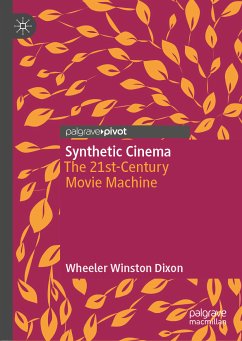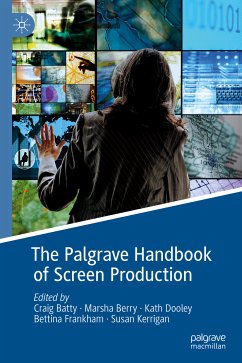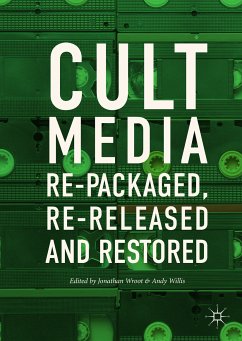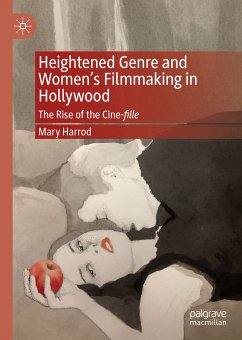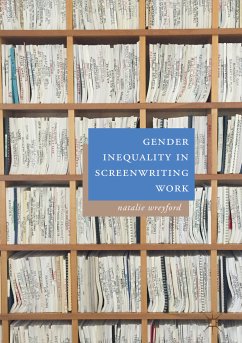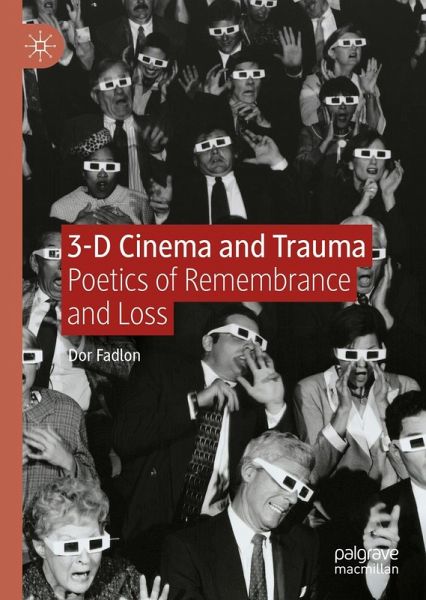
3-D Cinema and Trauma (eBook, PDF)
Poetics of Remembrance and Loss
Versandkostenfrei!
Sofort per Download lieferbar
96,95 €
inkl. MwSt.
Weitere Ausgaben:

PAYBACK Punkte
48 °P sammeln!
This book examines 3D cinema across the early 1950s, the early 1980s, and from 2009 to 2014, providing for the first time not only a connection between 3D cinema and historical trauma but also a consideration of 3D aesthetics from a cultural perspective. The main argument of the book is that 3D cinema possesses a privileged potential to engage with trauma. Exploring questions of representation, embodiment and temporality in 3-D cinema, the book takes an interdisciplinary approach, offering a compelling analysis to a combination of box office favorites and more obscure films, ranging across gen...
This book examines 3D cinema across the early 1950s, the early 1980s, and from 2009 to 2014, providing for the first time not only a connection between 3D cinema and historical trauma but also a consideration of 3D aesthetics from a cultural perspective. The main argument of the book is that 3D cinema possesses a privileged potential to engage with trauma. Exploring questions of representation, embodiment and temporality in 3-D cinema, the book takes an interdisciplinary approach, offering a compelling analysis to a combination of box office favorites and more obscure films, ranging across genres such as horror, erotica, fantasy, science fiction, and documentaries. Weaving theoretical discussions and film analysis this book renders complex theoretical frameworks such as Deleuze and trauma theory accessible.
Dieser Download kann aus rechtlichen Gründen nur mit Rechnungsadresse in A, B, BG, CY, CZ, D, DK, EW, E, FIN, F, GR, HR, H, IRL, I, LT, L, LR, M, NL, PL, P, R, S, SLO, SK ausgeliefert werden.








